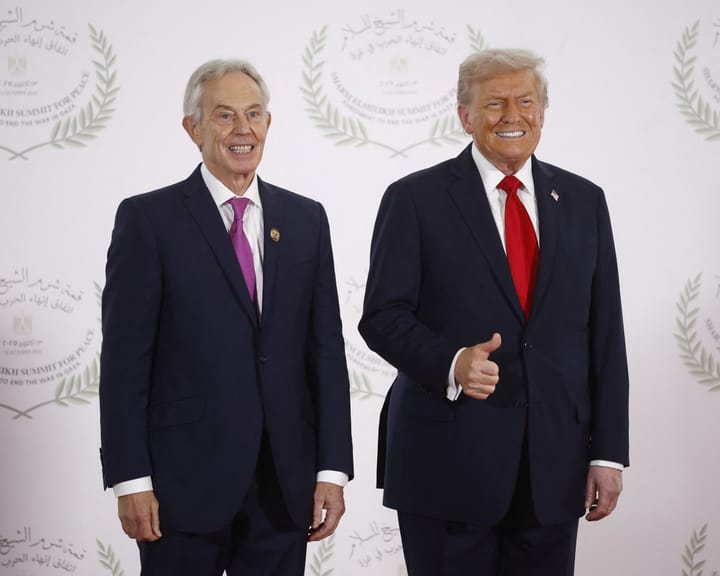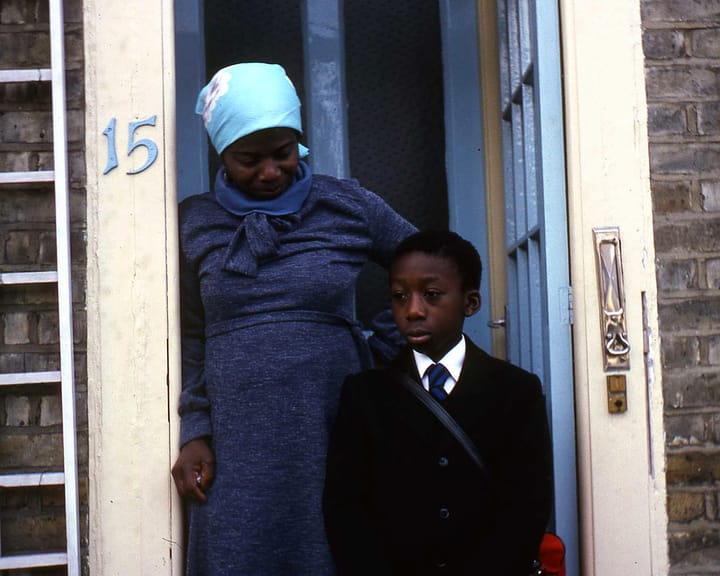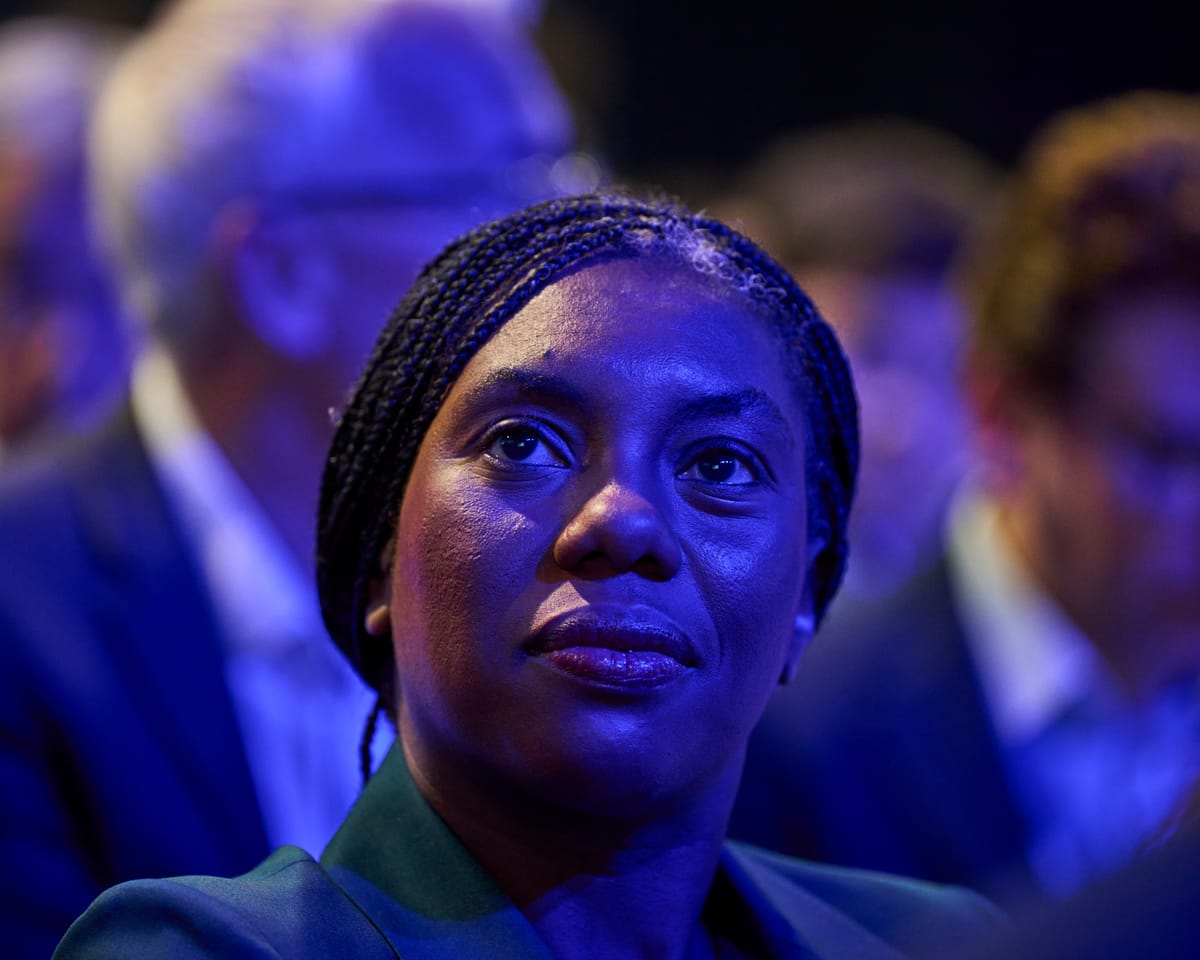In one interpretation of the Conservative Party's electoral successes, its last three victorious leaders—John Major, David Cameron, and Boris Johnson—each entered Downing Street promoting unity and broad-based principles.
However, this year's gathering of Conservative members has been defined by tougher language on asylum policies and increased alignment with Nigel Farage’s political stance, a shift away from the party’s traditionally inclusive approach.
Kemi Badenoch began the conference in Manchester by proposing the UK’s withdrawal from the European Convention on Human Rights, a stance that would have been contentious within the party in previous years but now has widespread support among Conservative lawmakers.
She has also pledged to abandon the UK’s 2050 net zero target, breaking with longstanding cross-party agreement on climate policy.
These moves have led some insiders to question whether Badenoch’s leadership—and the rightward shift influenced by figures like Robert Jenrick—marks the end of one-nation Conservatism.
Supporters of this view note that the parliamentary One Nation group has been quietly dissolved. One lawmaker recalled an unsuccessful effort to revive it after the election. Following Labour’s victory, members decided against continuing the group. “There was a sense that we should avoid divisions and focus on unity,” another attending MP said.
Damian Green, the former deputy prime minister who led the group before the 2024 election, explained that Badenoch urged MPs to end factional divisions that had weakened past governments.
“Losing 250 seats hasn’t drastically altered the ideological balance of the party—it remains as varied as before,” he said.
Several new MPs, including Harriet Cross, Neil Shastri-Hurst, and Joe Robertson, are viewed as inheriting the one-nation legacy. Some still gather informally through the longstanding One Nation dining club, chaired by Simon Hoare. Originally established in the 1950s by figures such as Ted Heath, the group maintains loose influence.
Yet even regular attendees, like former deputy foreign secretary Andrew Mitchell, have backed Badenoch’s stricter immigration policies at the conference. Others note that Tom Tugendhat, a prominent centrist, endorsed leaving the ECHR during his leadership campaign last year.
Mitchell argued that centrists recognize the necessity of stronger migration measures. “We must develop effective policy in a transparent way, without deferring to Nigel Farage,” he said.
An influential opposition lawmaker added: “The ECHR stance has broad support across the party.”
Read next

Tony Blair left off Trump’s Gaza peace panel shortlist—reports
Tony Blair will not take a leading role in Donald Trump’s proposed advisory group on Gaza, following objections from Arab and Muslim nations against the former UK prime minister’s inclusion.
Citing sources, the Financial Times (FT) reported that Blair had been excluded from consideration for Trump’s advisory

UK-EU Youth Mobility Deal Opens Doors for Tens of Thousands to Live and Work Abroad
Plans are underway to grant tens of thousands of young citizens from Britain and Europe reciprocal rights to reside and seek employment in each other’s territories, with government officials targeting finalization within the next year.
Authorities aim to establish this youth mobility initiative with the EU by late 2026,

Ex-Dulwich Student Claims Farage Told Him 'That's the Way Back to Africa'
A former student of Dulwich College has recounted an incident in which he alleges a teenage Nigel Farage told him, “that’s the way back to Africa,” stating he felt driven to share his experience after the Reform leader’s efforts to downplay the impact of such behavior on his

